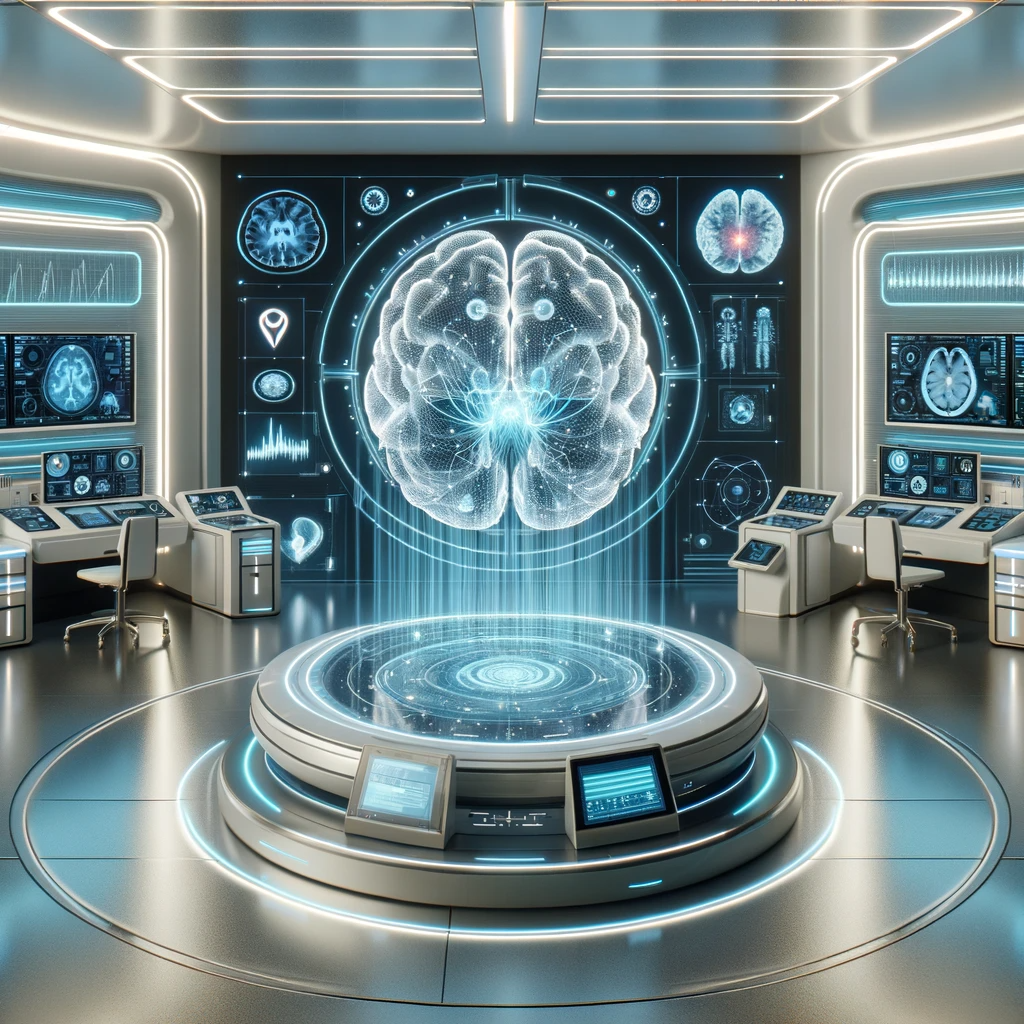
Advancements in AI Applications
Artificial intelligence (AI) has become a buzzword in the healthcare industry, but what does it really mean for the future of medical treatment and diagnosis? While the terms machine learning, deep learning, and AI are often used interchangeably, they represent different algorithms and learning processes. AI is the umbrella term that encompasses any computerized intelligence that learns and imitates human intelligence. In recent years, AI has made significant strides in development and application, leading to higher levels of decision-making, accuracy, problem-solving capability, and computational skills. It has found its way into various aspects of our lives, from autonomous machines like robots and self-driving cars to personalized advertisements and web searches. However, its potential in healthcare is particularly promising. This article talks on AI’s evolution in healthcare, glancing into the landscape of medical treatment and diagnosis.
Advances in Healthcare AI’s Evolution
One area where AI can greatly contribute is in case triage and diagnoses. By analyzing vast amounts of patient data, AI algorithms can assist healthcare professionals in identifying potential conditions and recommending appropriate treatment plans. This not only saves time but also improves the accuracy of diagnoses. AI’s evolution in healthcare has been interesting to note.
Another area where AI shows promise is in image scanning and segmentation. Medical imaging plays a crucial role in diagnosing and monitoring diseases, and AI algorithms can enhance the accuracy and efficiency of this process. By analyzing medical images, AI can identify tumors, lesions, fractures, and tears, enabling healthcare professionals to make more informed decisions.
AI also has the potential to support decision-making in healthcare. By analyzing patient data and medical literature, AI algorithms can provide evidence-based recommendations for treatment plans. This can help healthcare professionals make more informed decisions and improve patient outcomes.
AI in Electronic Health Records (EHR)
Furthermore, AI can predict the risk of disease. By analyzing patient data and identifying patterns, AI algorithms can predict the likelihood of developing certain conditions. This can enable early intervention and preventive measures, ultimately improving patient outcomes.
In the field of genetic engineering, AI has been instrumental in the fight against COVID-19. Researchers have utilized machine learning algorithms to predict which antigens have the potential to be recognized by T cells, making them good clinical targets for immunotherapy. This has the potential to revolutionize the development of treatments and vaccines for infectious diseases.
Conclusion
While AI has made significant advancements in healthcare, there are still areas where it can improve. One challenge is ensuring the reliability and representativeness of the data used to train AI algorithms. It is crucial to have diverse and unbiased datasets to avoid any potential biases in the predictions made by AI.
